Matisyahu, which means “Gift of God”, is the Hebrew/stage name for Matthew Paul Miller, a (formerly Hasidic) Jewish reggae superstar. And although this might seem like an unlikely combination, Matisyahu is the real deal, with his talent and musical vision winning him the adoration and respect of fans across the religious and cultural spectrum.
Matisyahu’s career took off with the release of his 2005 album Live at Stubb’s, which captured a magical night for him and his band. He has since released a half dozen or so albums, and his musical style has continued to evolve within and beyond the realm of reggae, including 2012’s Spark Seeker that was more pop-oriented without pandering to the club crowd. This year he released Akeda, which is regarded as his most personal album to date and mostly features a less-is-more musical approach.
This interview was for a preview article for Matisyahu’s concert at the Majestic Ventura Theater on 10/21/14. It was done by phone on 9/8/14. (Steve Kennedy photo)
Jeff Moehlis: How did your approach to the new album differ from how you approached your previous albums?
Matisyahu: I guess every record has been approached kind of in a different way. There was the live record, there was the first studio record which was made in a home studio. But I guess with this record, I’ve been performing now with the band the Dub Trio for the last five years or so. I made a change, and that kind of had a big influence on my style and the music, the live show particularly. We were going to a record together, and then I met Kojak and started working with him – me and Kojak did Spark Seeker together.
Then on this record, I basically went with the bass player in Dub Trio, Stu Brooks, who’s probably one of my best friends, and just a close musical soul-brother, so to say. Our taste is very similar, and we really feed off each other every night. So he started producing music and making beats, working with Dave Holmes the guitar player who brought in Joe Tomino the drummer. We recorded most of it in home studios, without any record company people or producers or managers or anybody around. It was mainly just the two of us, and then Dave and Joe.
And then there were some other songs that I had started working on several years ago with my original guitar player Aaron Dugan and a drummer named Mark Guiliana and a keyboard player I worked with, Rob [Marscher]. So I got together another group of musicians and we wrote about four or five songs that are on the record, and recorded them at Studio G in Brooklyn. Everyone that was involved was kind of like family and friends and musicians and producers, and people we worked with for a long time. I guess this record, I would call it the most homegrown, or just really without very much outside influence.
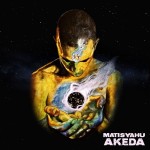
JM: The album is called Akeda, which is a very interesting concept. What does “Akeda” mean to you, personally?
M: It’s usually used in regards to the idea of binding, because it’s the story of Abraham binding Isaac down. That’s really what the word Akeda means. So that’s definitely a theme in my life and in the music, of giving yourself over to things, connecting with things, and then breaking free from them. So that juxtaposition between freedom and being bound to something, and going through a lot of those kind of things in my life.
There’s the ups and downs of the mountain, and then there’s sort of the bravery of Abraham, not in the classical sense in terms of being so given over to God that he’d be willing to sacrifice his son, but for me in terms of doing something so outrageous, like here’s the voice of God and then going against all of their logic and everything that they know to be true. Not being afraid to really make an imprint in the world. The sacrifice is really more of a sacrifice to life.
And then there’s this concept of fathers and sons, and children, and I’ve got a lot of that going on in my life. So there’s kind of a combination of different things going on. But sacrifice for the sake of love, or being a part of something that’s greater than yourself, or what you give up in order to do that, similar with Abraham and Isaac and Abraham sacrificing his son. There’s something we do just by bringing children into the world. Also, in terms of what we expose our kids to, and being unfinished products but at the same time being parents and role models and leaders for people as well.
JM: If you don’t mind going way back, what initially drew you to reggae?
M: I guess my initial interaction with reggae – I have cousins that are Bajan, from Barbados, and we used to spend the summers together in summer camp in upstate New York. They would play me their music, and that was my initial, I guess, interaction with it.
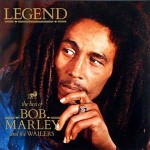
Later on, I started listening to Bob Marley and that really spoke to me at a time in my life when I was searching, and when the world was kind of starting to open up to me and starting to lead me back to my roots in the Old Testament. It just taught me a lot about music and what kind of musician I wanted to be, and the type of connection that I wanted to have with people. I found myself just drawn to that music, and able to sing those songs really well, and really feel the soul and the spirit in them. And then I was able to bring my own flavor into those things, and I used that as a backdrop and that led me to listen to more reggae music and more current stuff. That just had a big influence on my style at the time, while I was developing my voice and how I wanted to express myself. I would say that reggae music was the main source for me at that time, probably.
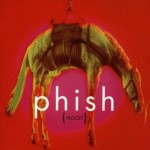
JM: I know that the band Phish was also important to your musical journey. It turns out that Phish is playing in Santa Barbara the same night you’re playing in Ventura.
M: You can’t get tickets to it. That’s how crazy that is.
JM: Well, if tickets were available, what would you say to someone who’s trying to decide whether to go to Phish or Matisyahu that night?
M: Well I would say Matisyahu. I mean, Phish is the best at what they do. They’re amazing. But you can see Phish anytime. I mean, I tour a lot also, but I think there’s something really unique with the music that I’m making now, and obviously I want people to come to the show.
You know, the biggest place where I would say Phish influenced me, and the biggest similarity I would say that I have with their music is the approach towards improvisation, doing something unique and new every show. Every time you play music trying to reach into new territory and open new doors into new musical experiences. That is such a huge part and element of what I do in making my music, and for the most part I have to credit Phish for that, because that’s where I learned about that.
JM: How do you see your music fitting into today’s musical landscape? Or do you worry about that?
M: I guess I don’t really worry about it, but I definitely am influenced currently by a lot of music of today. I know there’s a lot of artists, and even myself, there’s a time period where I relied on the music that had influenced me initially, that initial flair that came from different places but was based on a different time. I think one of the cool things about the internet and all that has been, for me, the exposure to new music. And that’s had a huge influence on Akeda. And on Spark Seeker there was definitely a sound that I was going for. A lot of times, my sound or the flavor of what I’m going for is based on what I’m listening to at the moment, and that’s constantly changing, being updated.
JM: What advice would you give to an aspiring musician?
M: I think the main thing is with music or art there’s basically two sides to it. There’s the style or the skill, the technical prowess of whatever instrument or form you’re using. And then there’s the inspiration. I would just say, if it’s something that you love then just continue doing it and living your life, and the inspiration will come. But you can’t really force those things into being. You have to just get in tune with your life, with your soul’s vibrations in this planet, and whatever that may be, whatever it is, then you’ll start to learn the lessons and have the experiences and make the connection to feed to your creativity. If your creativity is fed and you’re doing the work to develop your skill or your voice, whatever it may be, then it’s just about absorption, absorbing everything around you. Absorbing the music that’s around you, that influences you, and learning how to spit it back out, take it in and find yourself in it. And that kind of happens on its own as long as you stay connected with the thing that inspires you.
JM: Obviously you’re touring now, but do you have other plans in the works? Have you started thinking about the next album?
M: Yeah, I have. I’ve sort of started with the next album. I’ve been doing a lot of listening to music and trying to be aware of which direction I want to move in. Every record, it’s definitely a way to explore more musically. So I’m looking at where I’m going, and I’ve been listening to a lot of music and writing lyrics on long plane rides and bus rides and in hotel rooms. Eventually, pretty soon, we’ll start putting some music together, but in the meantime, I’m just really on the road right now, on tour playing a lot of shows and starting to connect with the fans listening to the music that I make.
JM: Do you want to set the record straight on anything about your career or your life? Is there anything that always annoys you that people get wrong about you?
M: I don’t know. I try not to think too much about it. I mean, I know there are things that piss me off but I try to just let them slide by and just keep my head forward, keep doing what I’m doing.
We just posted the video for “Broken Car”, one of the quintessential songs on this record. I was reading the comments on Facebook and responding. There’s a huge what I refer to as my core audience, people who are not along for a song or just one particular style that they’re looking for, or not connected too much to an image that they had of of me, but are the ones that are actually going through real life experience with my music and connecting with it on an extremely deep level, people that are struggling, that are working through different things. And my music has been a backbone for them, or a way for them to find power and strength. To me, that’s the inspiration that I have to make it. Everything else, what people say, what they think, that outer circle of people who aren’t really connecting emotionally with the music, is not too much of my concern.
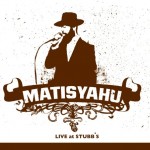
JM: The current tour that you’re on is going to have a show at Stubb’s in Austin. A lot of us first learned of you from the Live at Stubb’s album. What is special about that particular venue?
M: Well, that’s where it started for me. That was early on in my career, right as things were starting to pick up a lot of steam. We’d just signed a record deal, and it was the first time the record company had taken interest and sent their people to the show. We knew it was being recorded, and it was kind of on moment. We weren’t recording live songs for that record over a long period of time. It was one show, it was one take per song. It was a pretty intense evening, such a strange coming together of different elements and different things, the reggae music and the Hasidic thing and then Austin, Texas. It somehow all kind of blended together to make this nice stew of music.

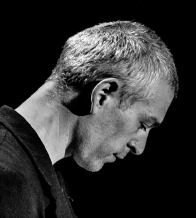
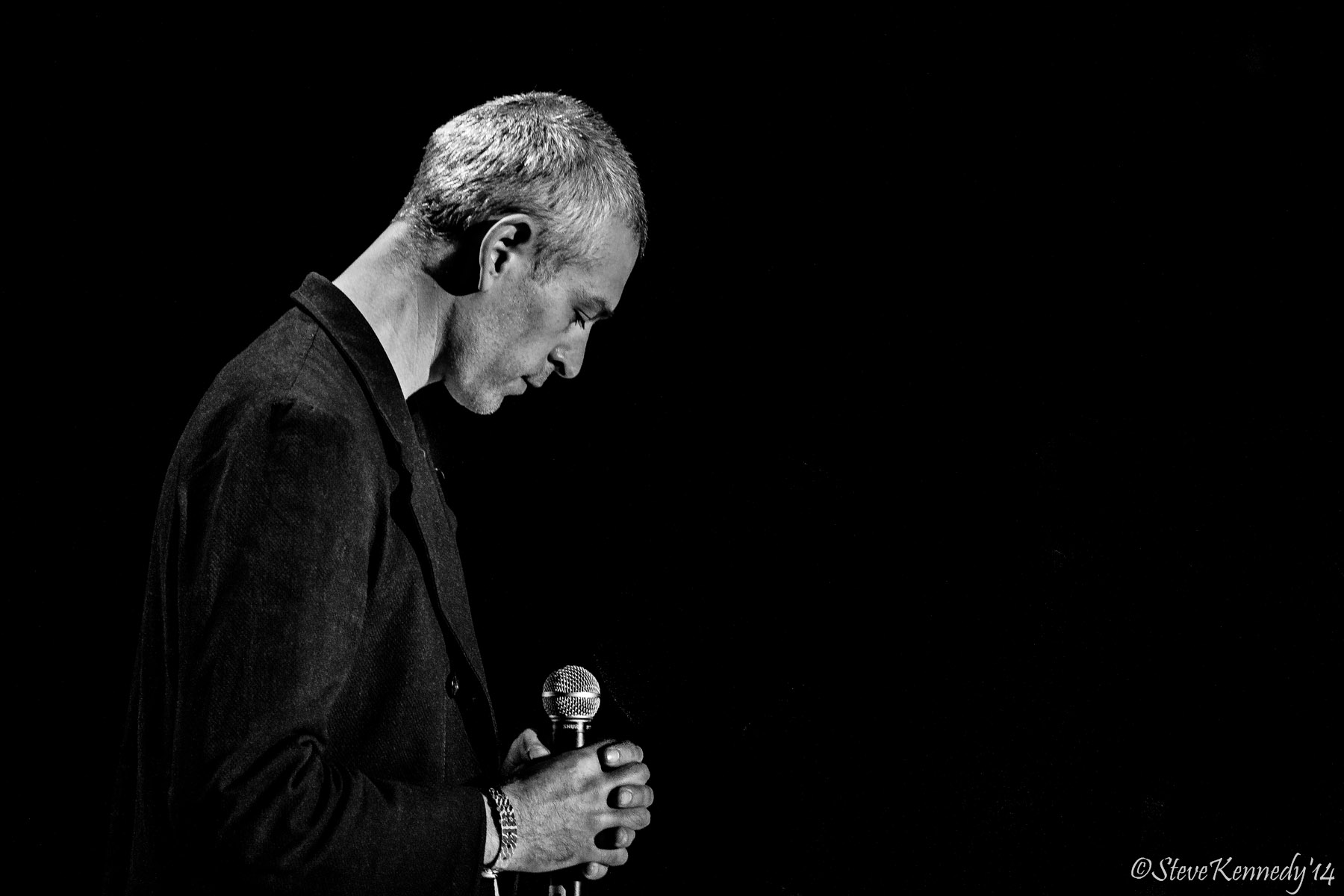
Discussion
No comments for “Interview: Matisyahu”